I’ve always been fascinated by the stories of heroes and heroines who participated in the Underground Railroad, but until recently, I didn’t realize that freed slaves and abolitionist attorneys organized a movement in California as well to help runaways find freedom.
As I researched Beneath a Golden Veil, my family joined me in my journey down to California’s Gold Country, the week before Christmas. It was an adventure for all of us as we panned for gold in an icy trough, slept in a drafty Victorian hotel, and rode a stagecoach around the historic mining town called Columbia.
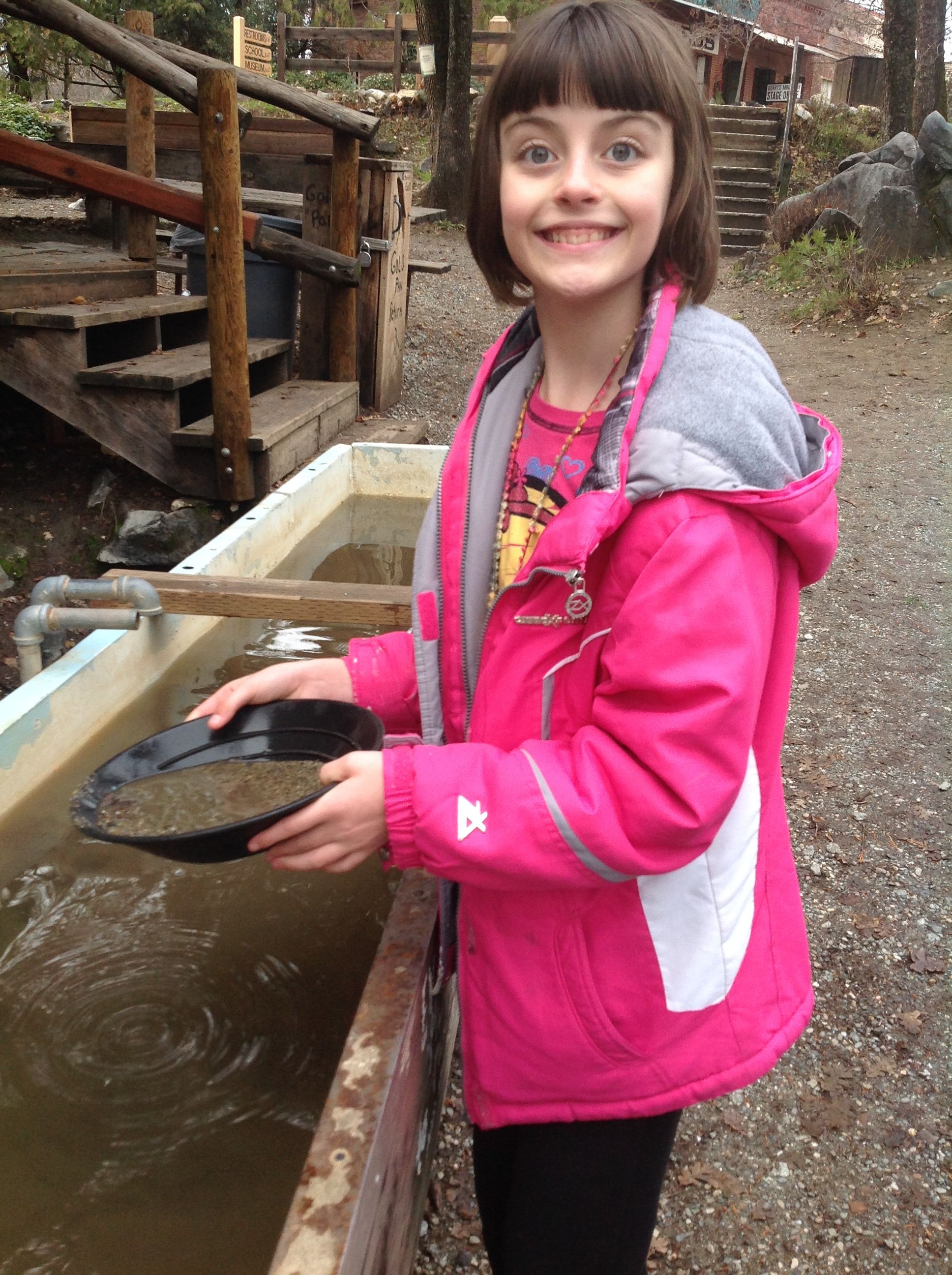
During our tour in Columbia, someone pointed out a crack in the outside wall between the bank and building next door. Our guide said it was a narrow room where the original owner hid his gold and escaped out a secret entrance in the back. That real space became the inspiration as a place to hide both gold and runaway slaves in my novel.
At the state library in Sacramento, I spent days pouring over old handwritten journals and newspaper articles, reading about the grueling months of sea and land travel for men and women who traveled from New York or Boston to California.
Even though California technically became a free state in 1850, slavery was a hotly contested issue in California for the next decade. I read multiple accounts of the Fugitive Slave Act being tested in the courts as judges and lawyers tried to interpret contradictory federal and state laws.
In the mid-1800s, two African American gentlemen operated a safe house for runaway slaves in Sacramento called Hackett House. This hotel on 3rd Street is gone now and little information remains about the proprietors, but I wanted my story to show the courage and determination of these men and others who fought publicly and privately against slavery.
Before we left Sacramento, a friend at the historical museum guided me on a walking tour of the old shops along the riverfront and down into a labyrinth of abandoned rooms. Stepping under the brick archways, through these underground rooms, was like stepping back a hundred and fifty years. Right back into the Gold Rush era.
Our family’s adventure was supposed to end as we drove out of California’s mountains, back into our home state of Oregon, but a snowstorm shut down the interstate. We spent Christmas Eve eating pizza and worshipping at a church in Southern Oregon, my youngest daughter praying that God would open the pass.
The interstate opened just as the church service ended, and my amazing husband navigated the snowy mountains to get us home. We’ve never been so grateful to ride in a car instead of a stagecoach through the mountains and then wake up Christmas morning in our own beds. And we spent that Christmas reflecting on the gift of freedom, thankful for the men and women who sacrificed their lives long ago for others and for men and women who continue to sacrifice today.
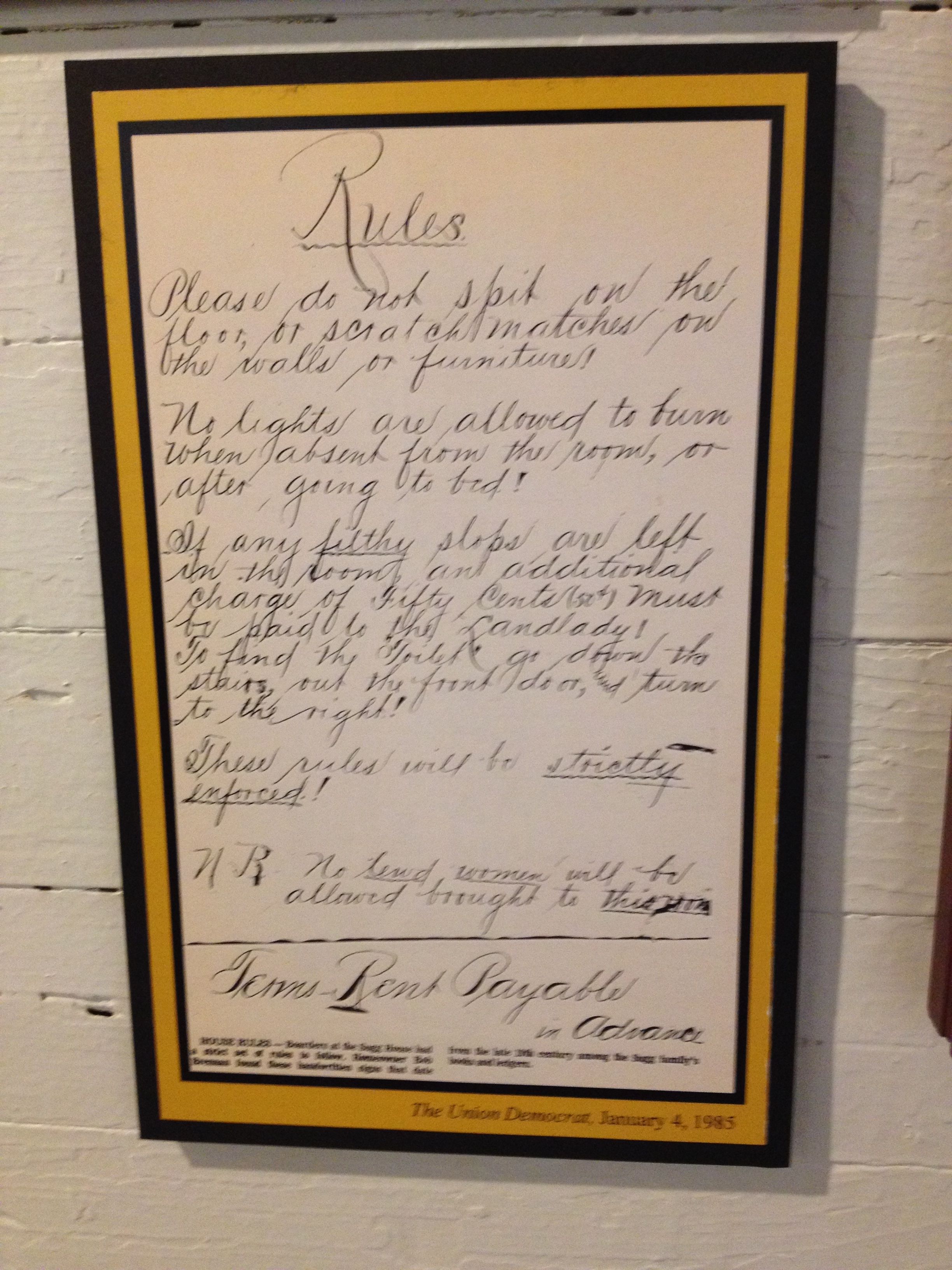
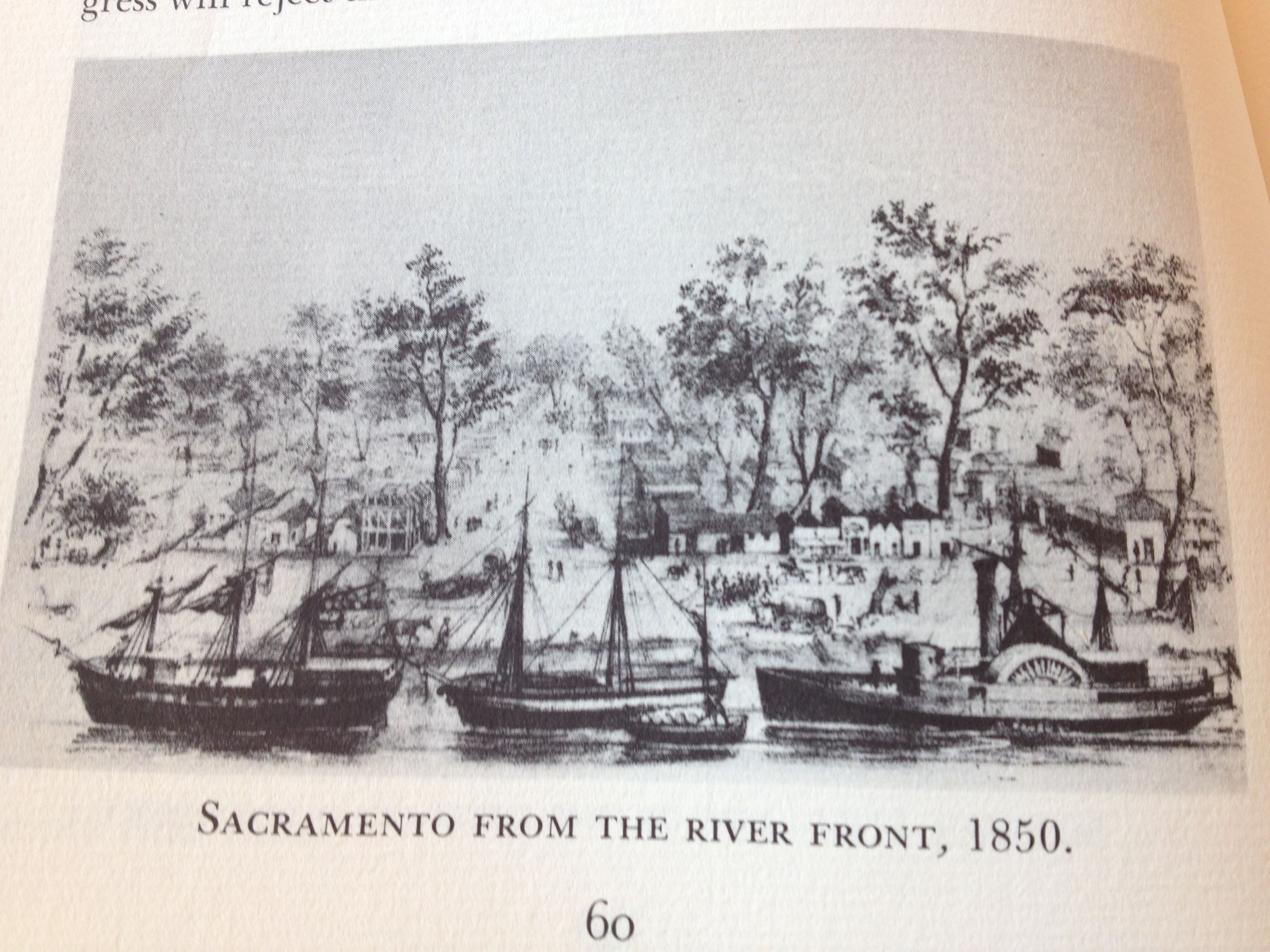
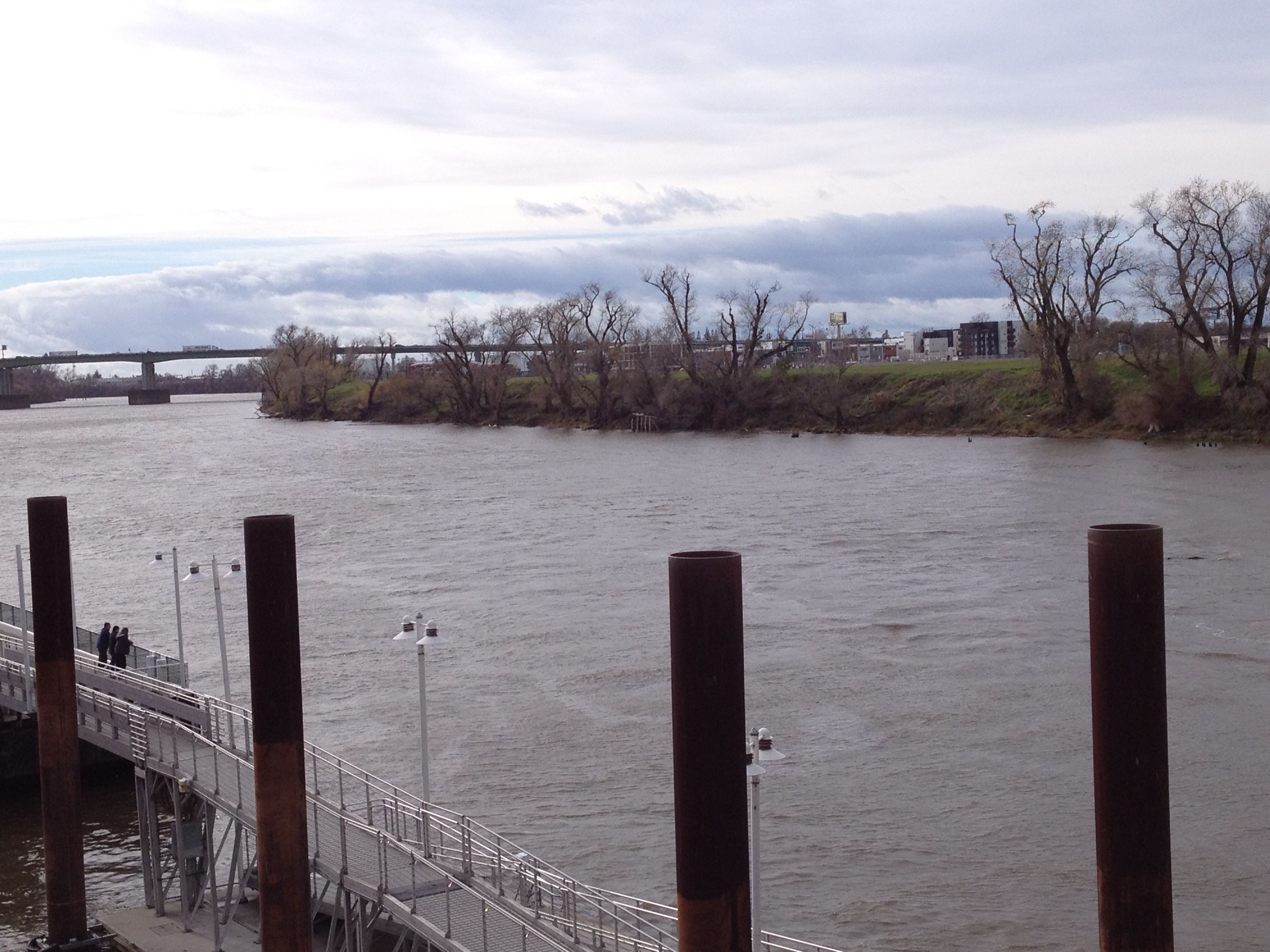
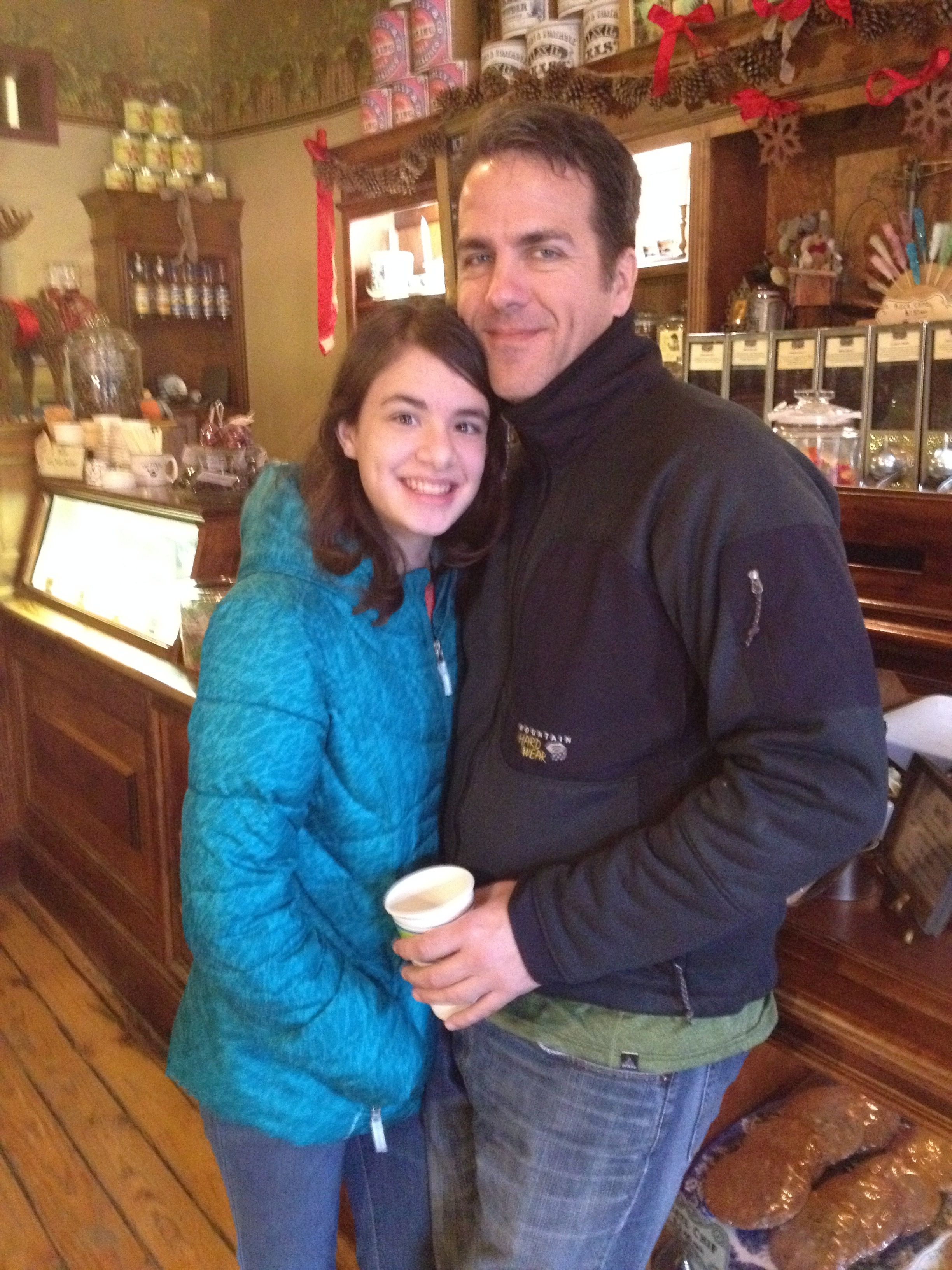
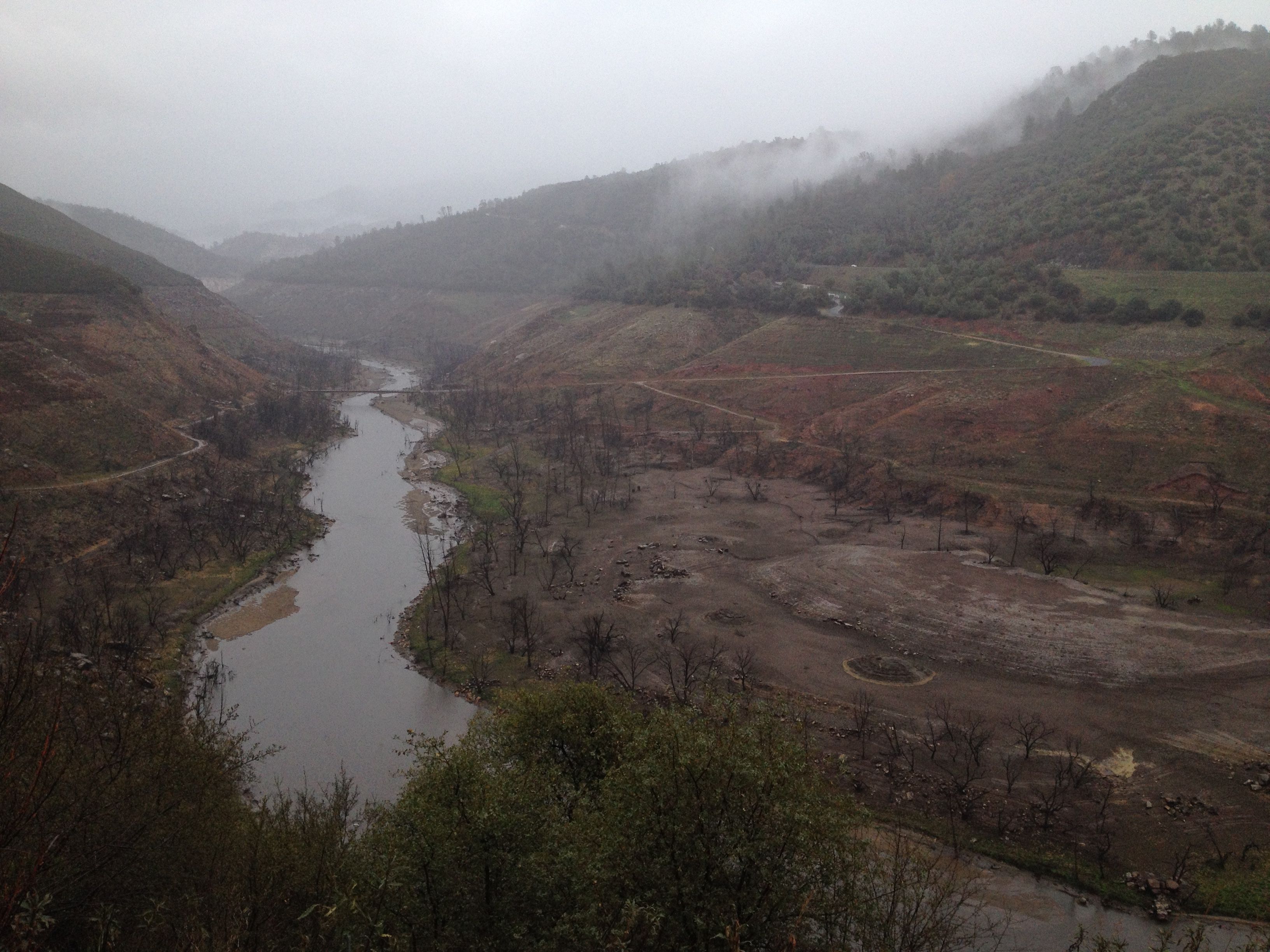
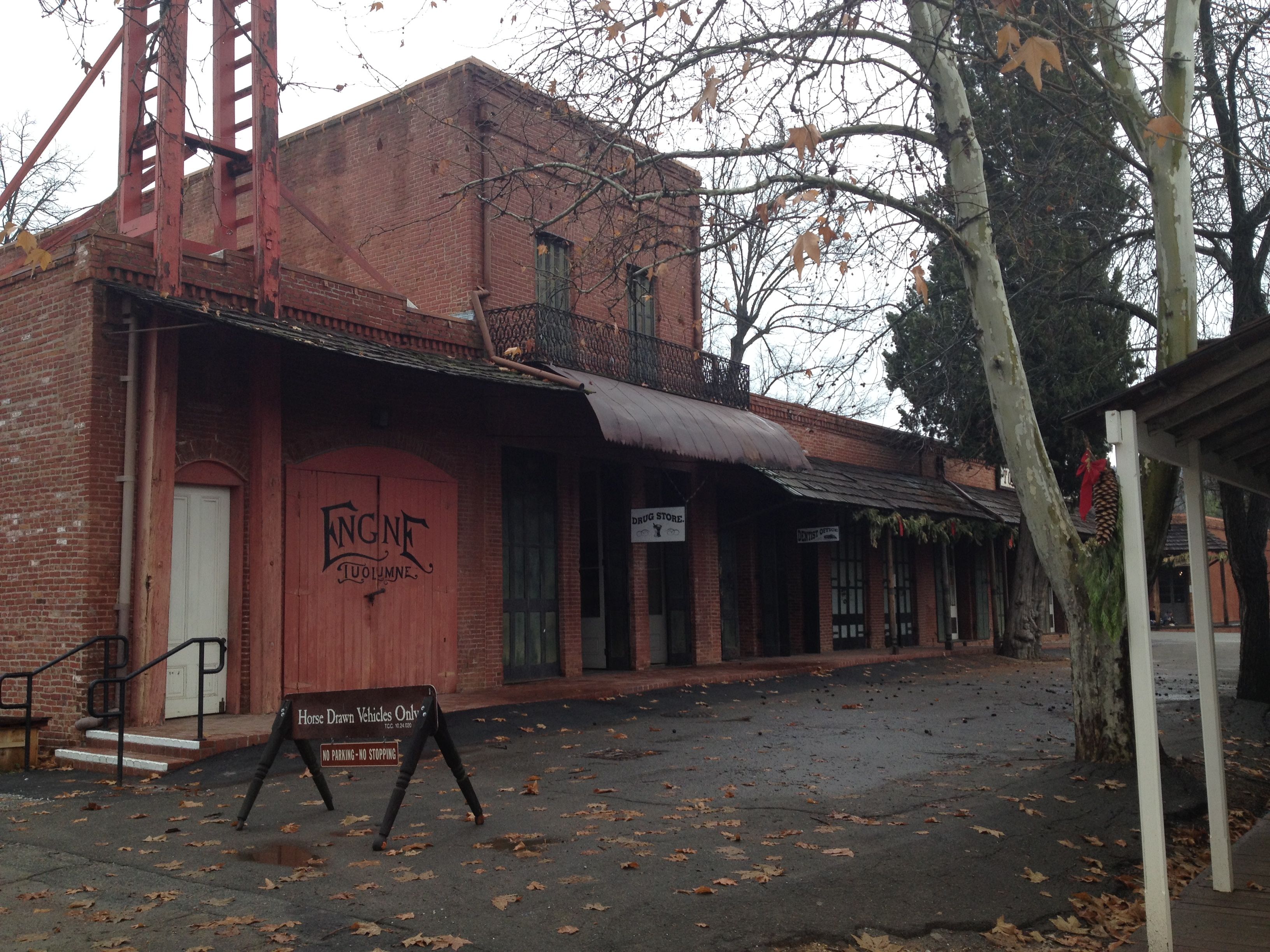
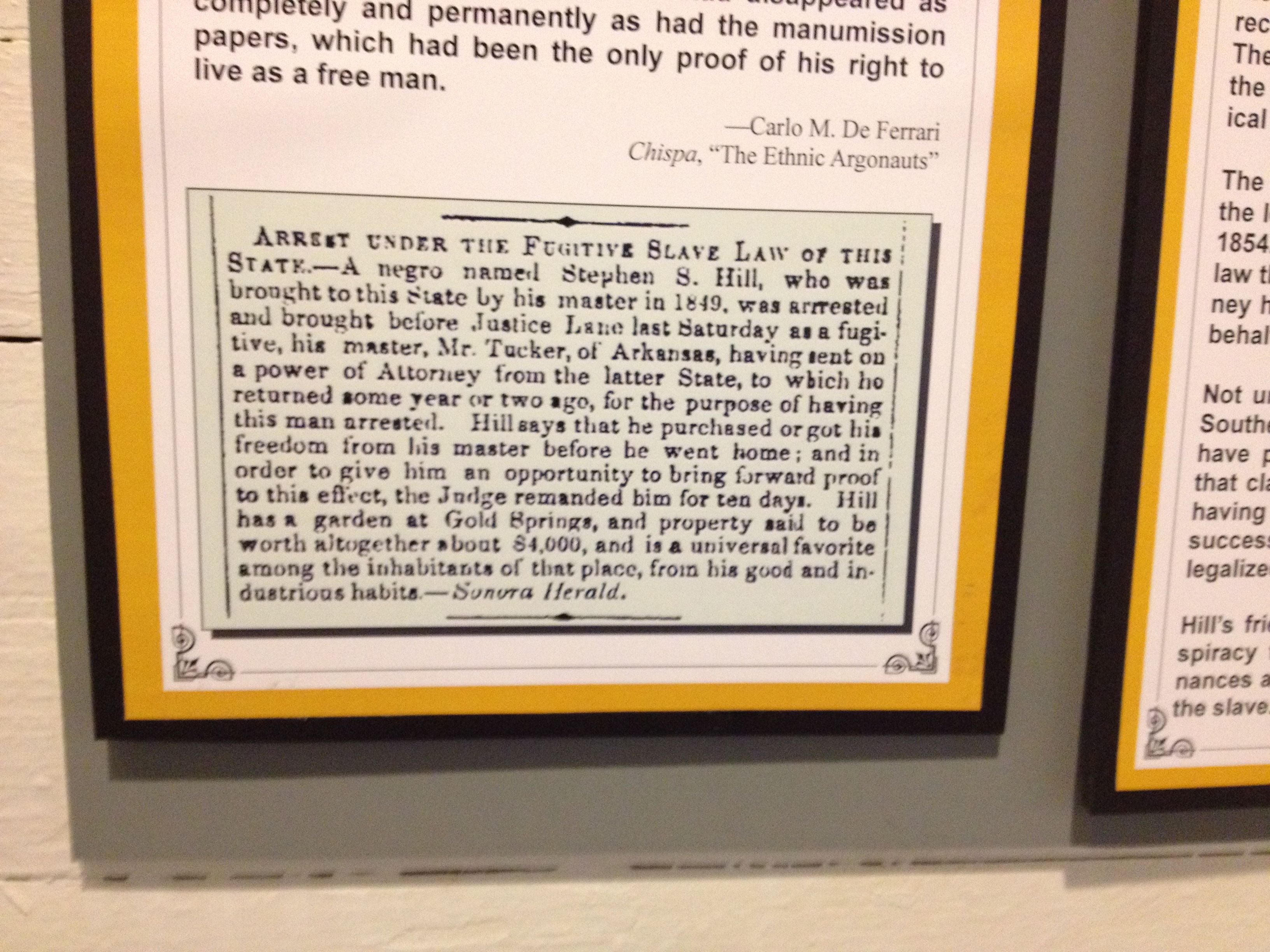
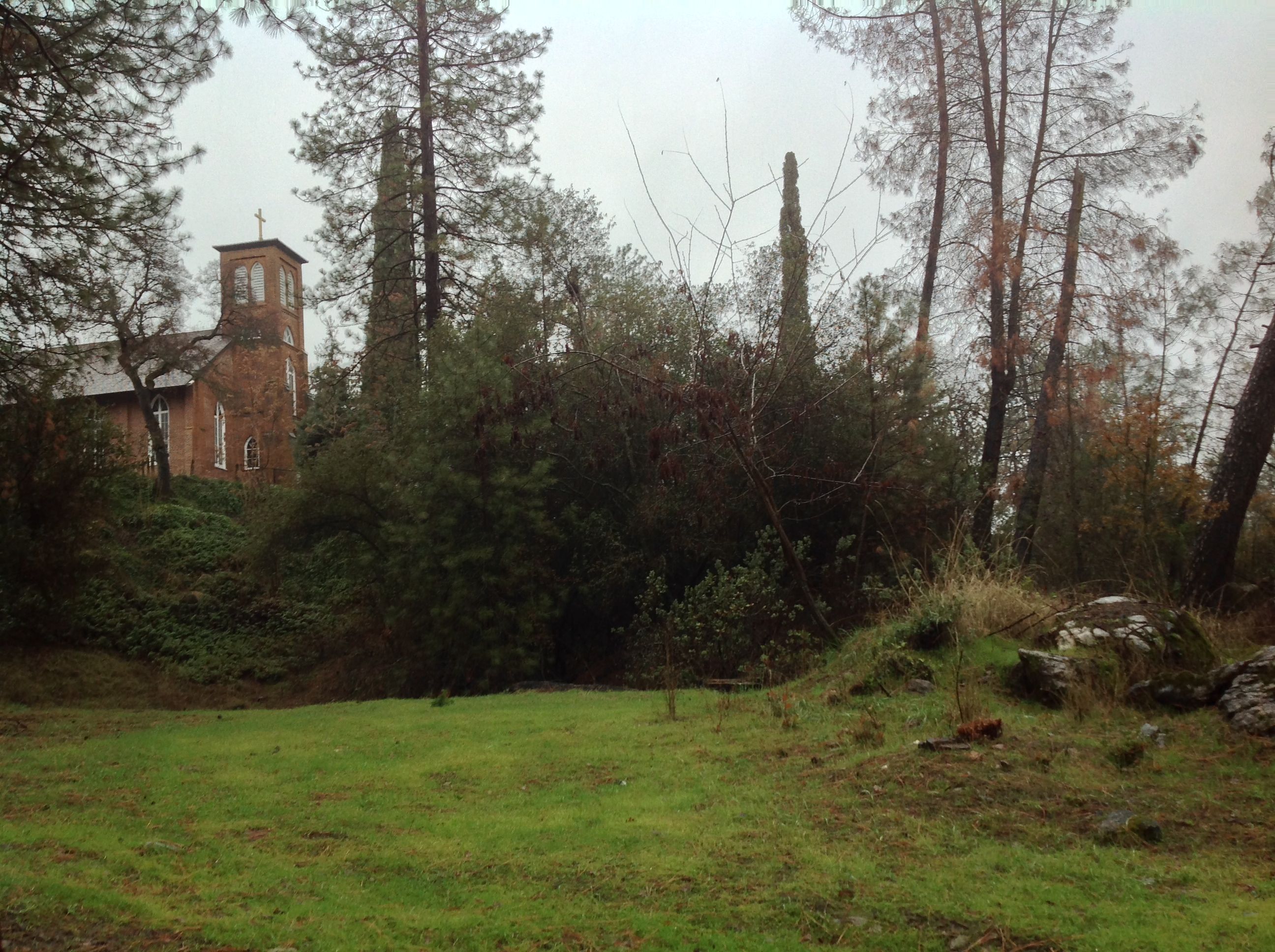
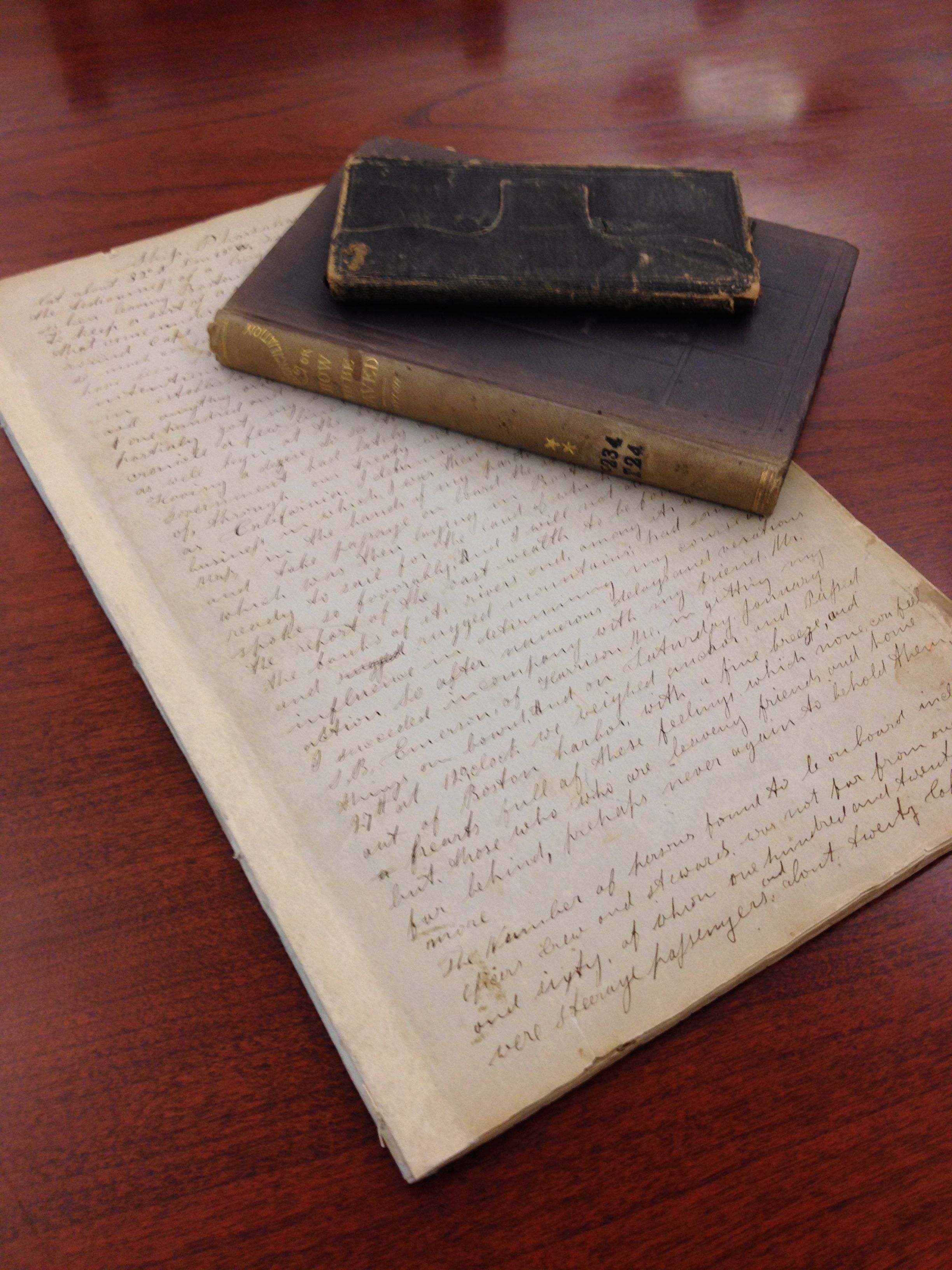
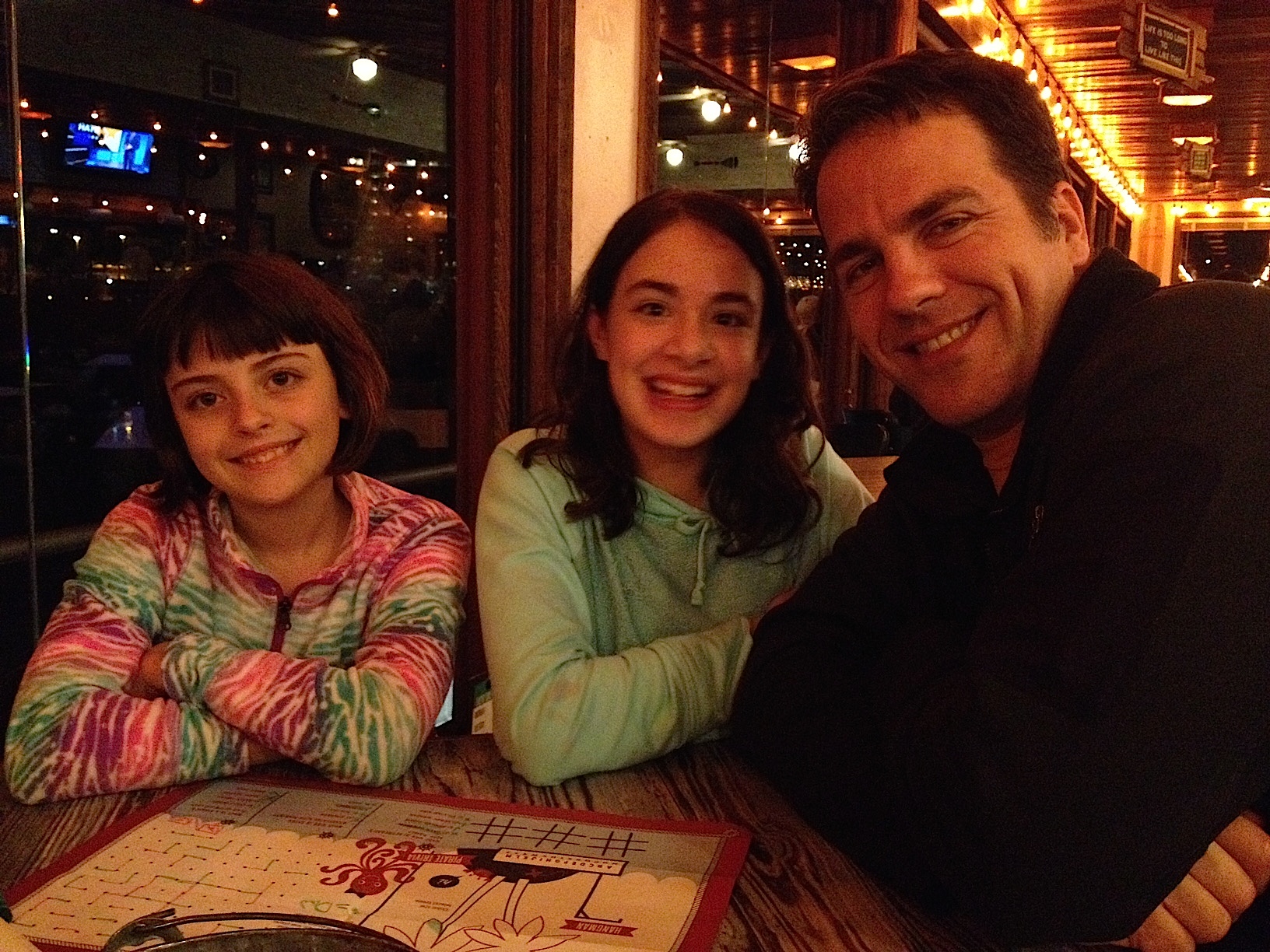
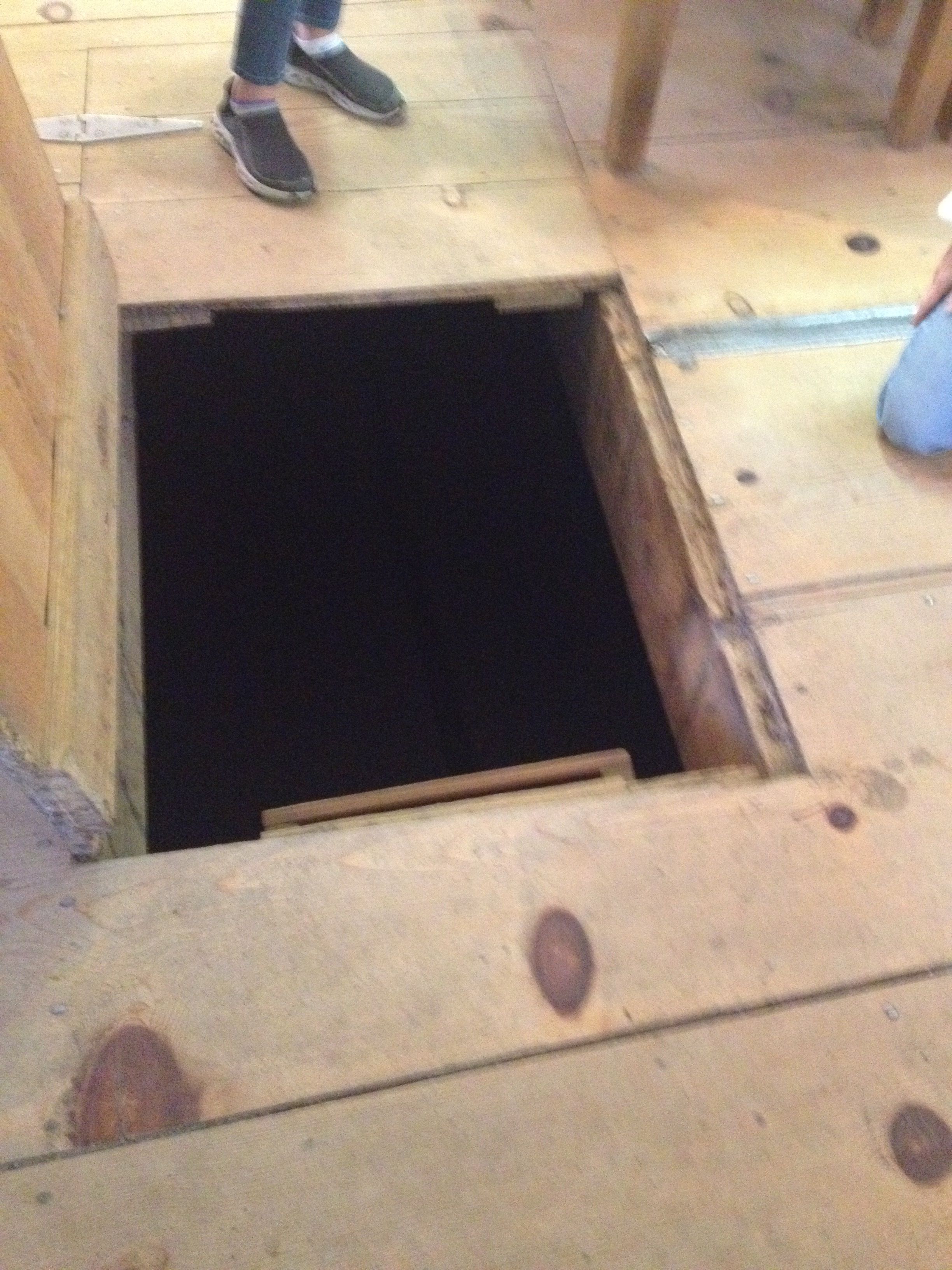
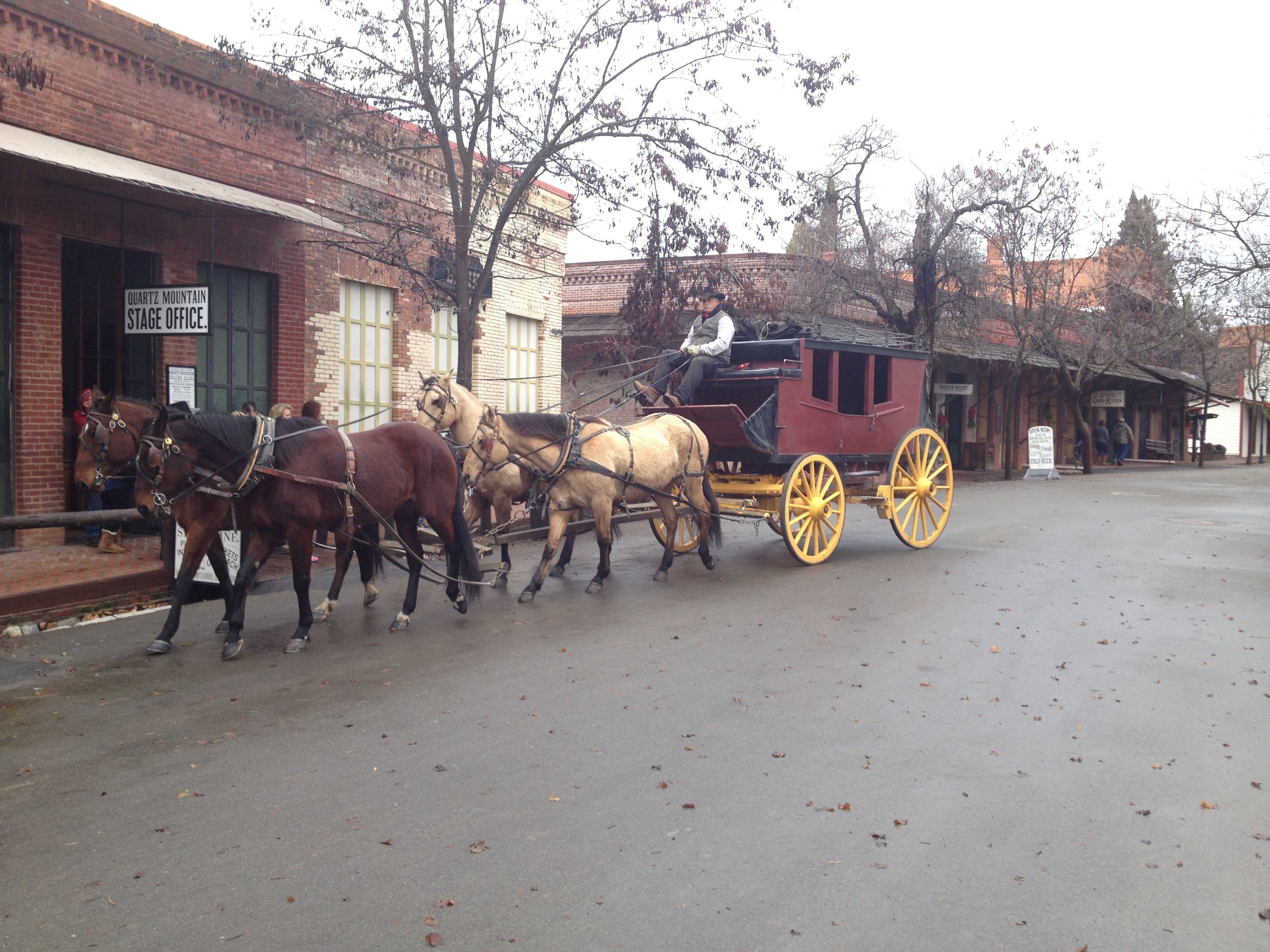
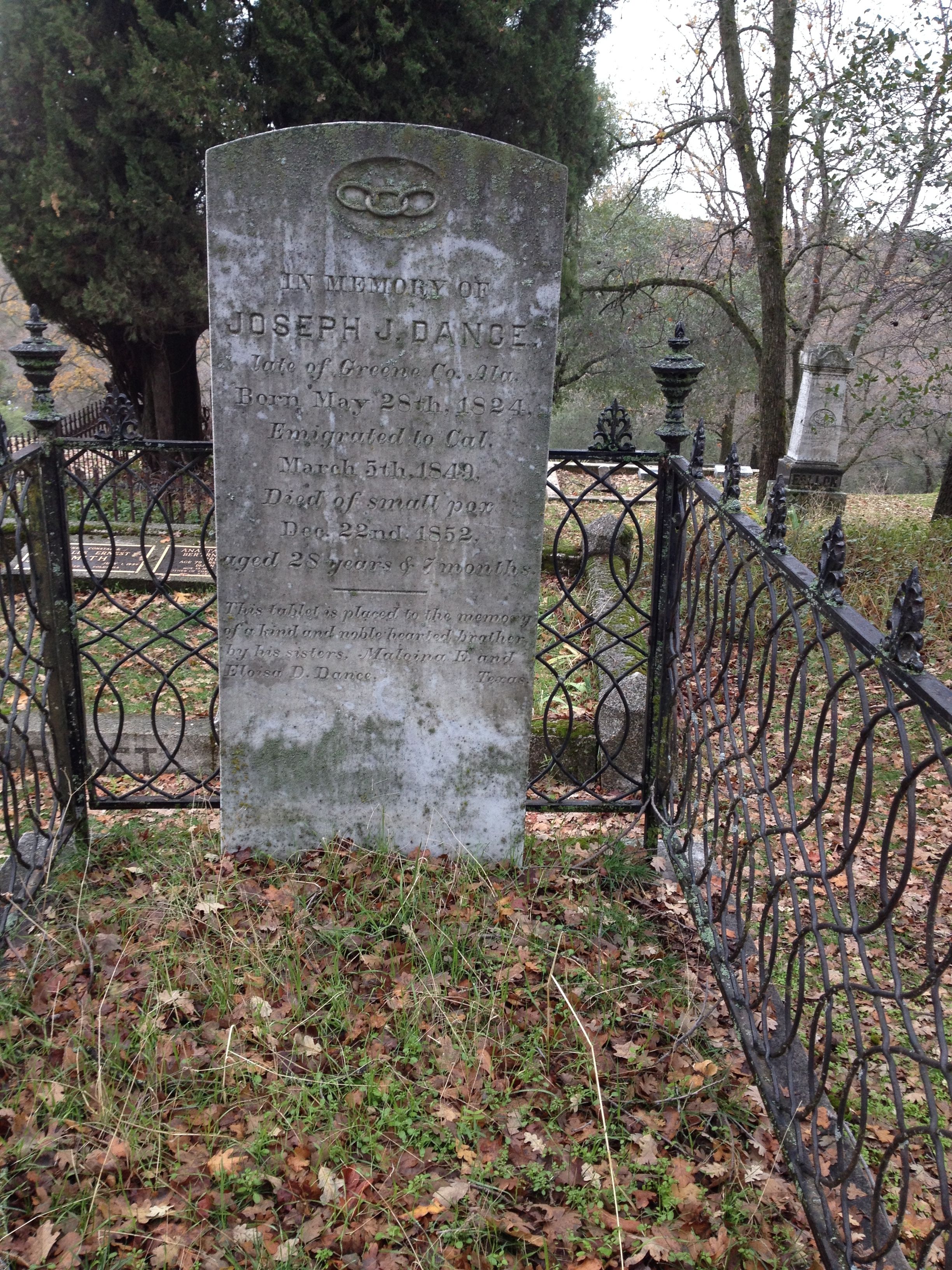
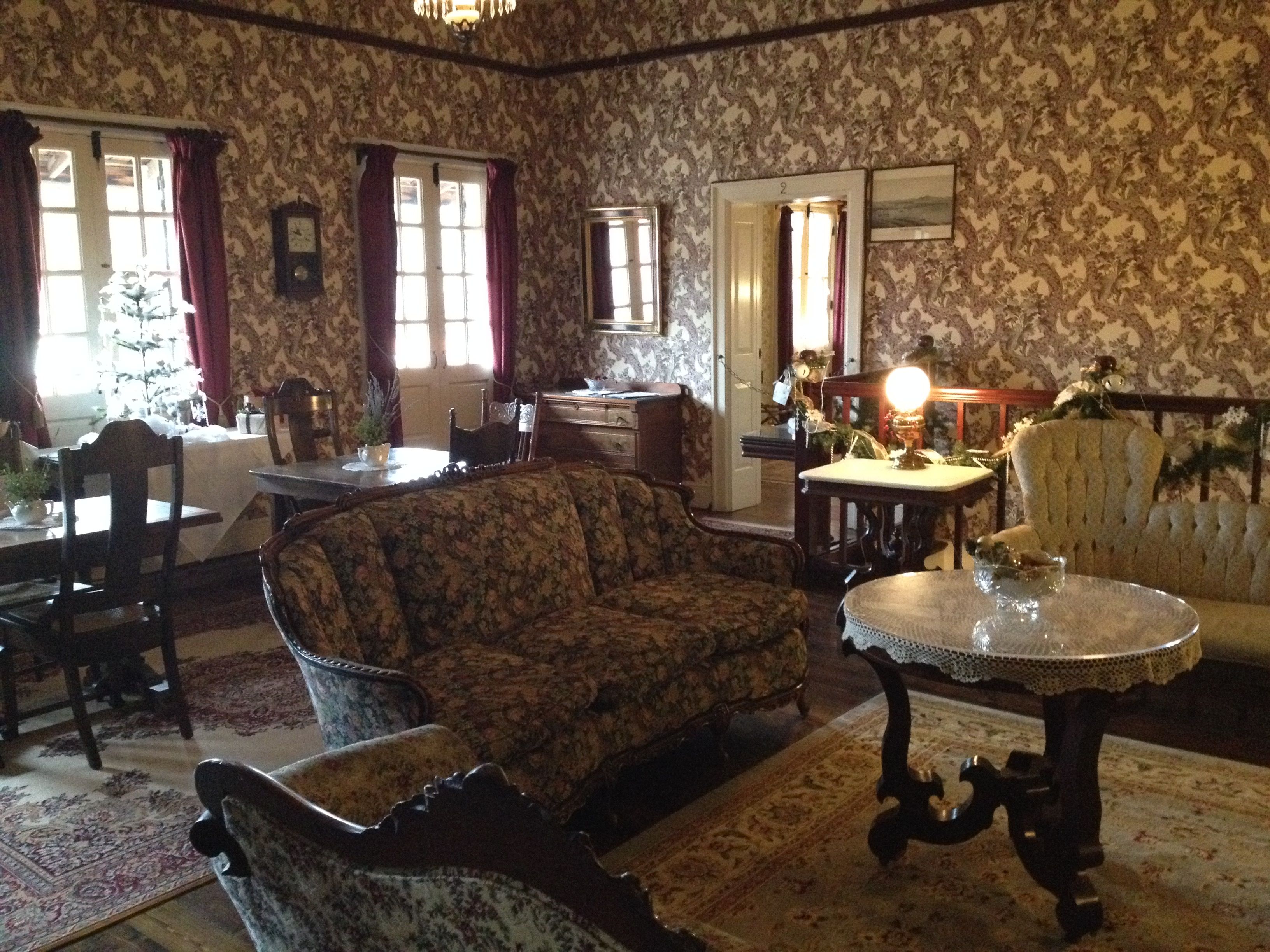
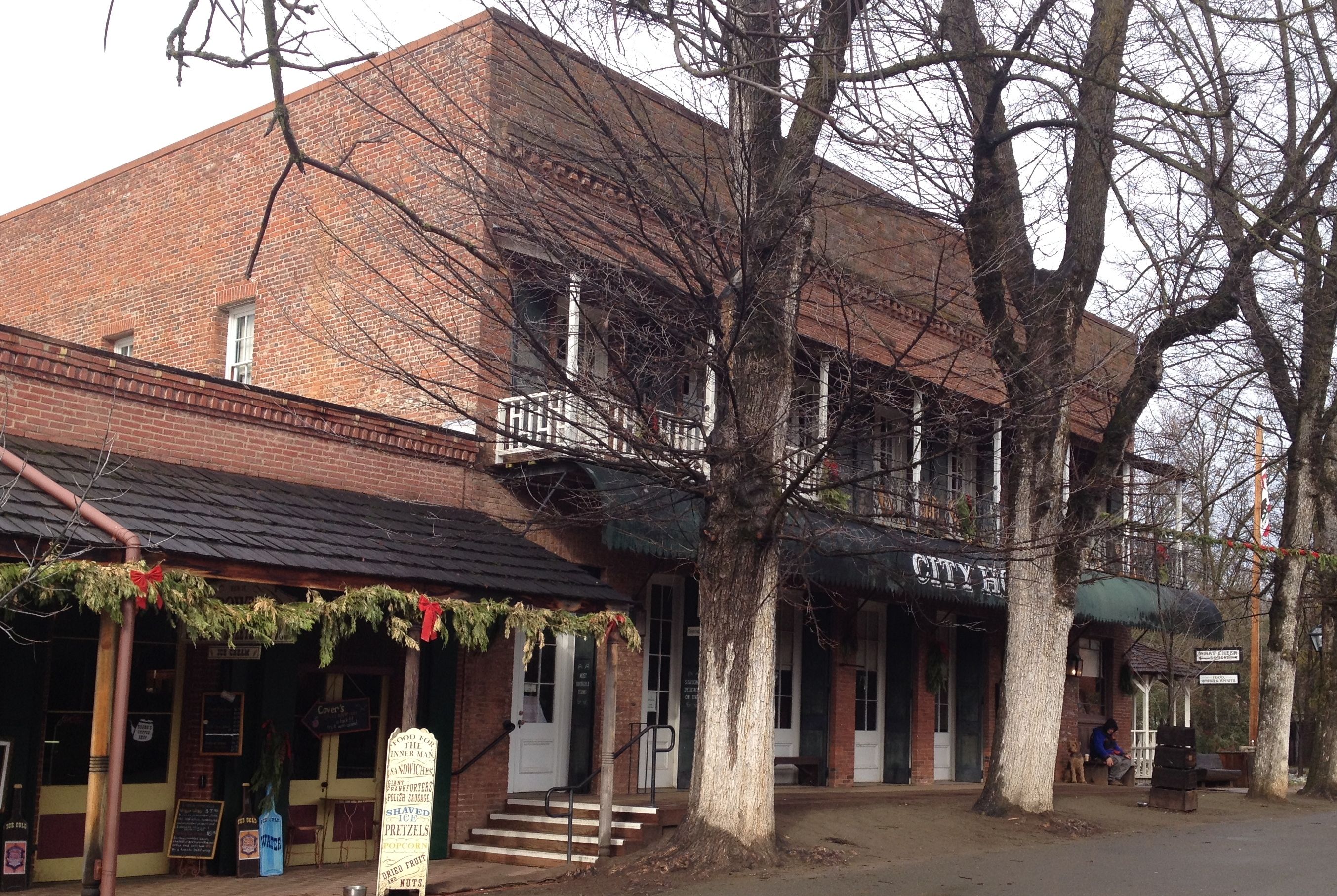
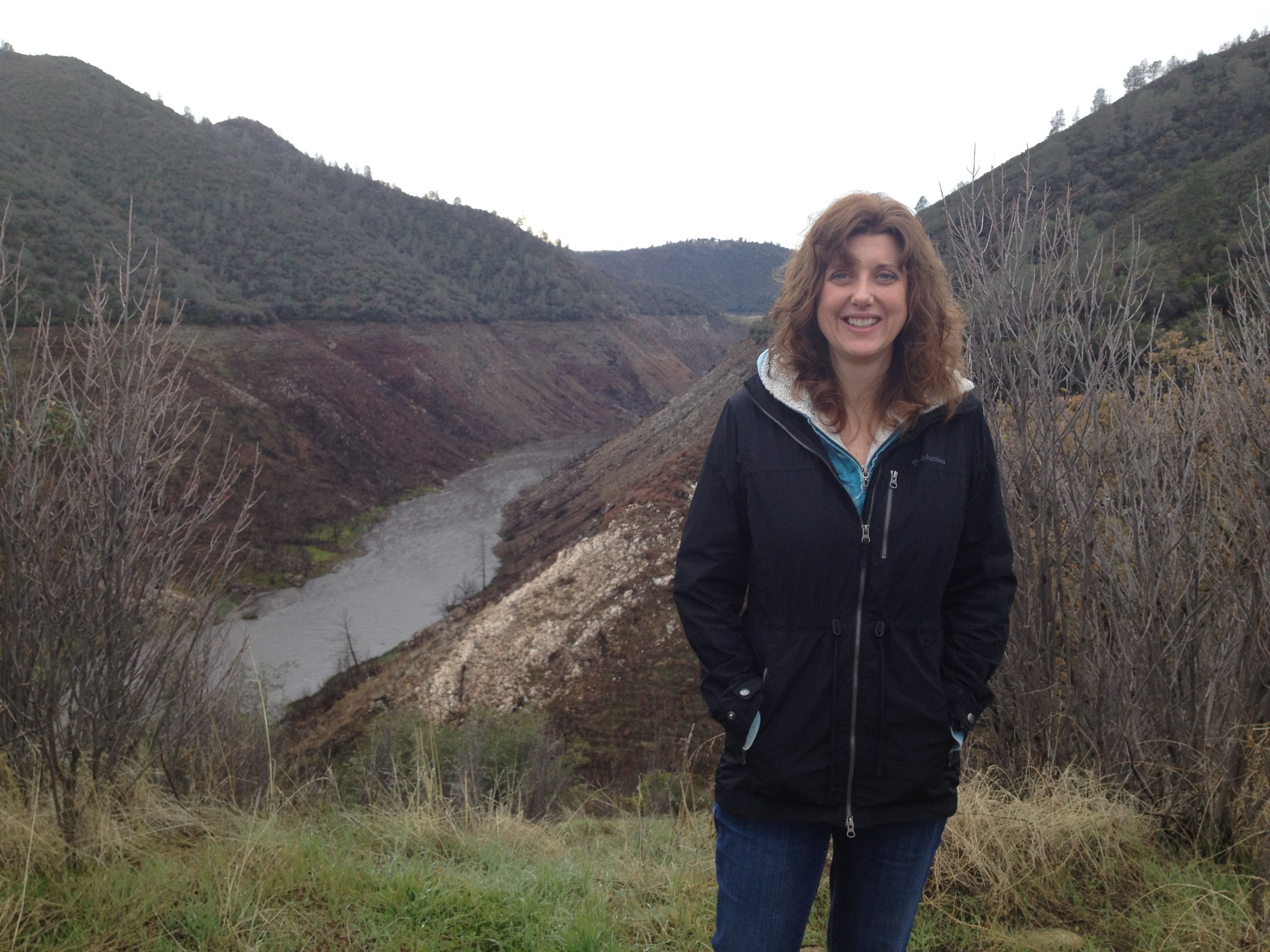
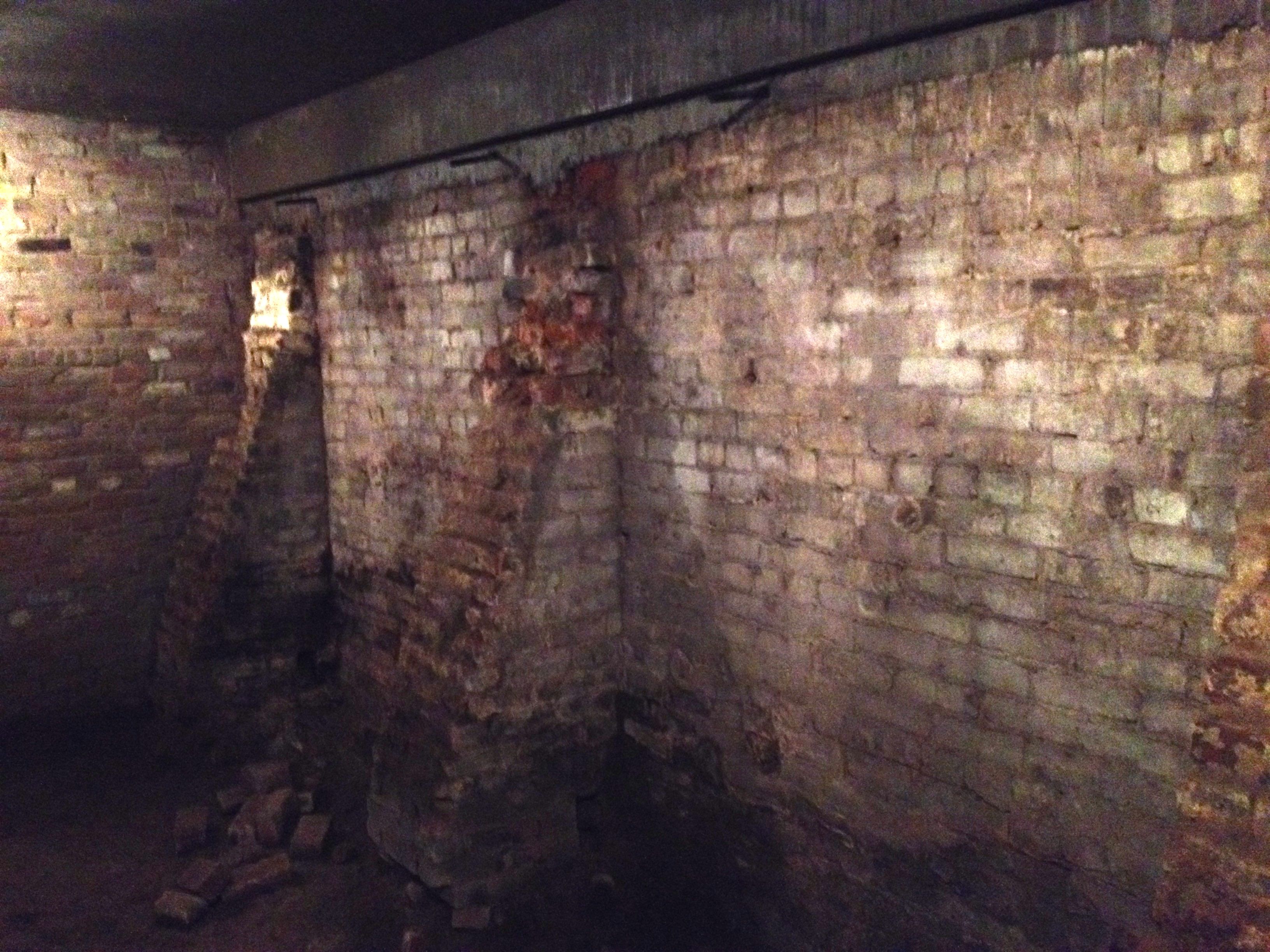
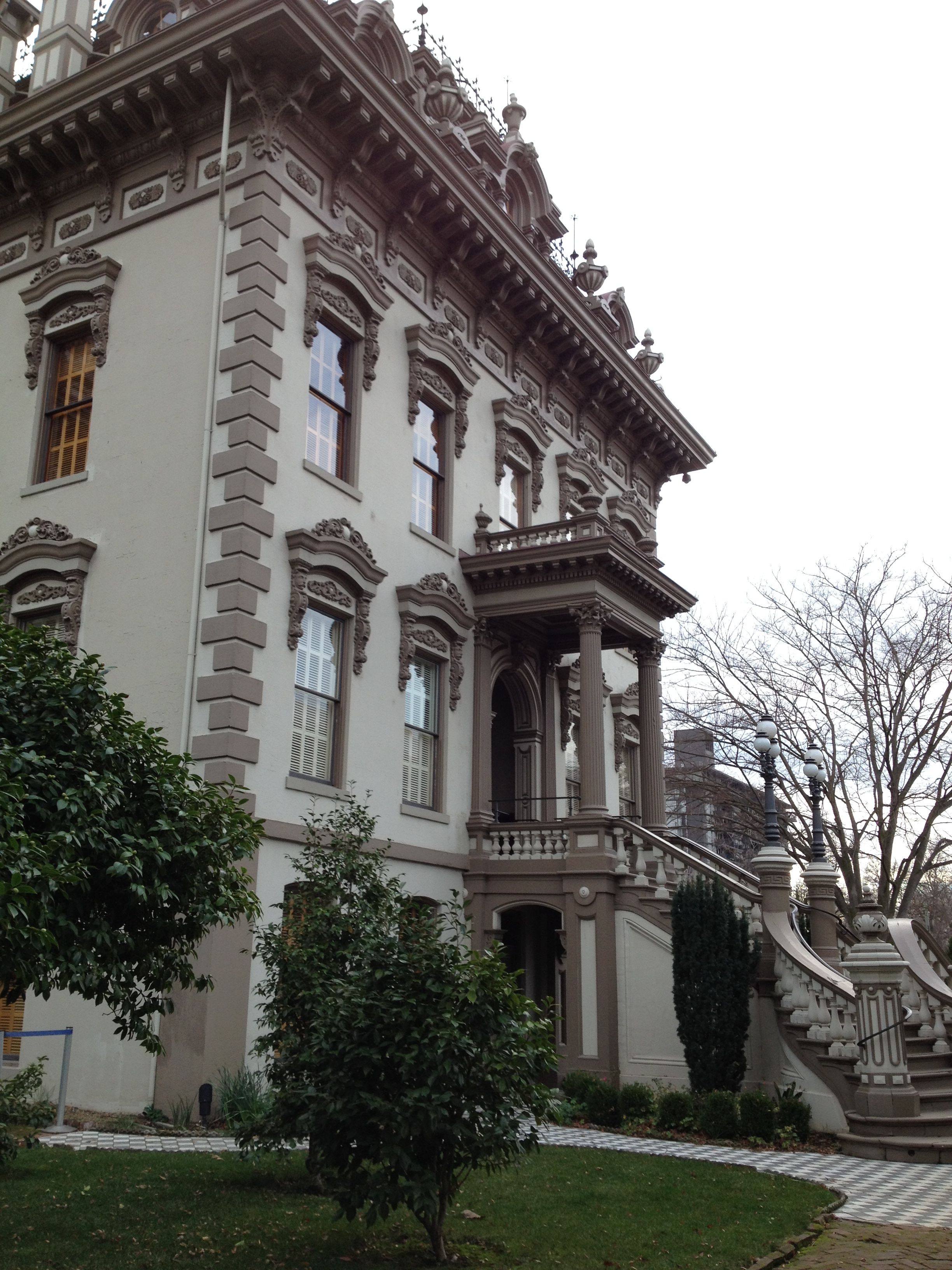
 All Rights Reserved © 2026 Melanie Dobson
All Rights Reserved © 2026 Melanie Dobson